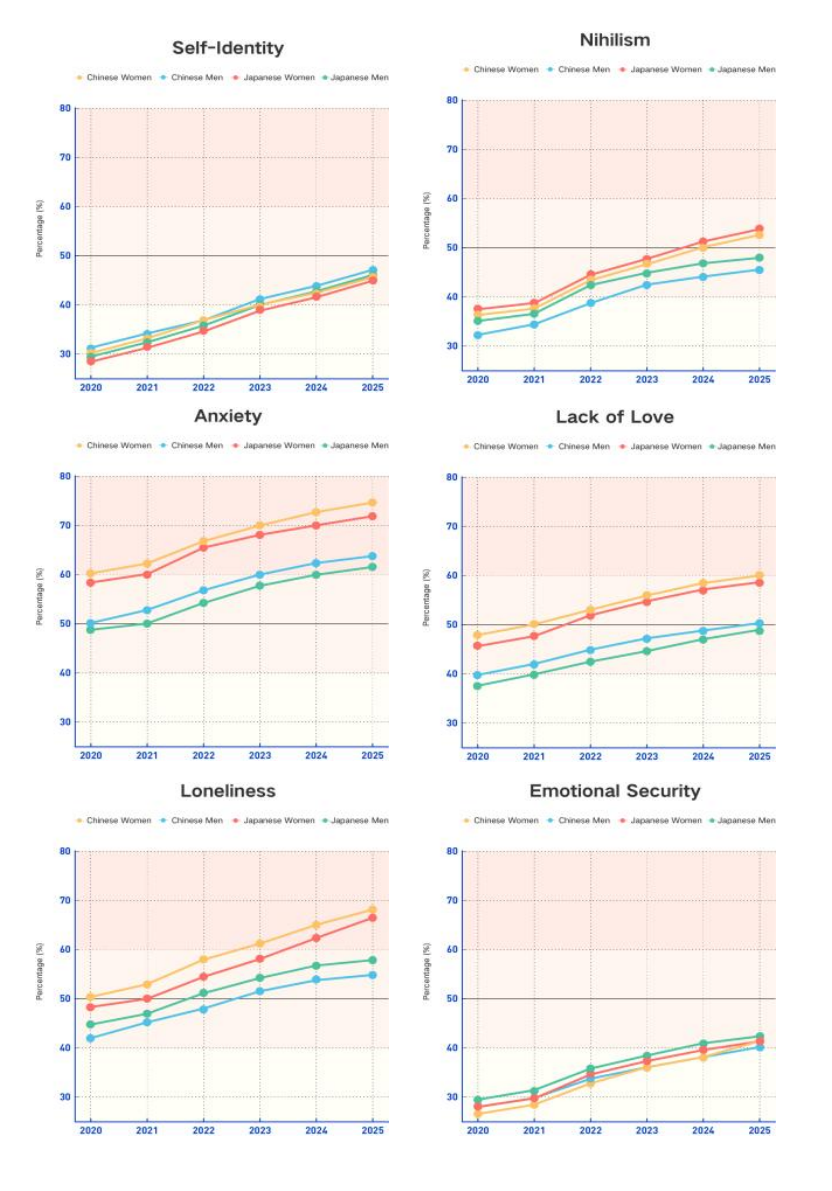From Labubu to LOVOT: Emotional Intellectual Property (IP) Design in the Post-Consumer Society
Keywords:
post-consumer society; emotional IP; emotional design; Emotional Identification Model; Labubu; LOVOTAbstract
In the materially abundant post-consumer society, individuals’ emotional expression and self-gratification needs have become increasingly prominent, driving a shift in consumption logic from utilitarianism toward self-actualization and emotional fulfillment. As a form of “emotional currency,” emotional IPs extend personal feelings into collective identification through effective emotional design, thereby serving as cultural carriers of the “usefulness of the useless.” This paper takes POP MART’s blind-box IP Labubu and GROOVE X’s emotional companion robot LOVOT as case studies, and—through the lens of the Emotional Identification Model—explores how emotional IPs construct design pathways from individual affect to collective identity via character design, interactive mechanisms, and narrative strategies. The study ultimately argues that the future development of emotional IPs should transcend superficial symbols of “emotional illusion” and instead evolve into genuine forms of “emotional support,” thereby contributing more profoundly to the shaping of future society.





